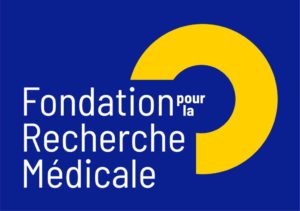The scientific awards given by the French Foundation for Medical Research (FRM) were set up either on the initiative of the Foundation itself or by donors, in recognition of the work of scientists who have made a remarkable contribution to a field related to health. They include the Jacques Piraud Award, set up with a donation from Marcel Piraud and dedicated to his son, which recognizes research on infectious diseases.
This year, Carmen Buchrieser, Head of the Biology of Intracellular Bacteria Unit, received the award for her entire body of research demonstrating and elucidating the virulence factors behind legionellosis, a severe pulmonary infection that can be fatal in elderly or immunocompromised people and is on the rise in developed countries.
With her team, she investigates the genetic factors that give Legionella bacteria their virulence and the strategies they use to multiply in human cells. The scientists particularly demonstrated that the bacteria had acquired genes during their evolution which encode proteins resembling human proteins. By mimicking human proteins, these proteins enable the bacteria to hijack the functions of host cells to their advantage, for example by modulating the function of genes involved in the immune response or adjusting cellular metabolism. Carmen Buchrieser’s findings have paved the way for the development of rapid diagnostic tests that may improve the surveillance of Legionella in the environment. Her work also has the potential to lead to novel host directed therapies that may be extended to other infectious diseases.



